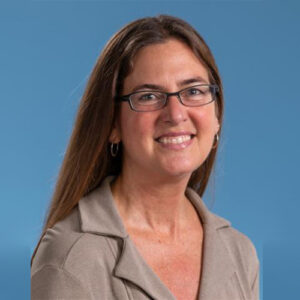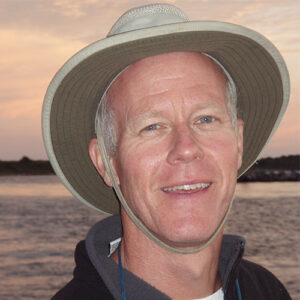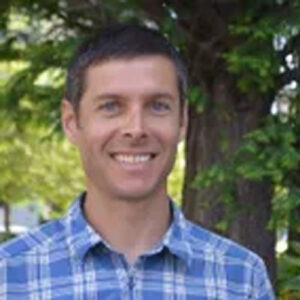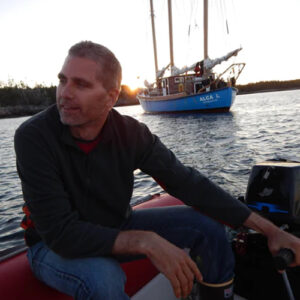Seaweed Roundtable: Science and Food

Doors open at 5:30pm, program begins in the Cook Memorial Theater promptly at 6:00pm. A cocktail reception with lite bites will follow.
Tickets are $10 for members or $20 for non-members.
Thursday, August 3, 6:00-8:00pm
Join us for a roundtable discussion with experts in modern seaweed applications – including sustainable aquaculture, renewable foodways, as a biofuel alternative, and a mode of carbon sequestration – moderated by Naomi Slipp, Chief Curator, New Bedford Whaling Museum.
This discussion is presented in conjunction with A Singularly Marine & Fabulous Produce: the Cultures of Seaweed exhibition which opens to the public from June 15 – December 3, 2023 and is curated by Naomi Slipp, Douglas and Cynthia Crocker Endowed Chair for the Chief Curator, and Maura Coughlin, Northeastern University. Much like the space of the shoreline itself, which is never a fixed point but always moving, shifting, and changing depending on the tide, seaweed is uniquely invigorated by its marine environment and always changing - both in form and appearance and in its cultural and social meanings and uses. Because of this, designers, artists, photographers, and artisans have turned to it for inspiration in painting, decorative arts, and design, and as the material medium with which they have created souvenirs, mementos, and scrapbooks.

Loretta Roberson
Associate Scientist, Marine Biological Laboratory
My lab is focused on the development of a tropical, red seaweed, Eucheuma isiforme, for the production of biomass for conversion to biofuels. We have put together a highly-interdisciplinary team from 10 institutions to design and develop a farm system that will not only mechanize the seeding and harvesting process to drastically reduce labor costs, but will also allow farms to be deployed in offshore areas for greatly expanded large-scale production.

Scott Lindell
Research Specialist, Woods Hole Oceanographic Institution
Scott Lindell is the lead scientist on a ARPA-E Macroalgae Research Inspiring Novel Energy Resources (MARINER) project at WHOI. This project addresses the critical challenge of meeting biofuel and food needs with farmed seaweed for the 10 billion people projected to inhabit the planet by 2050. Lindell and a team of seaweed biologists, geneticists and entrepreneurs are developing a breeding program for sugar kelp, Saccharina latissima, one of the most commercially important species. The lab works in the technology, genomics, and policy realms to advance the feasibility, economics and acceptance of aquaculture.

Steve Kirk
Director, Massachusetts Coastal Program, The Nature Conservancy
Steve's responsibilities include developing, implementing and monitoring state-wide and regional coastal conservation strategies. His current work is focused on advancing the policy and practice of nearshore habitat restoration and shellfish aquaculture through collaborative research efforts. He has supported the deployment of TNC’s global aquaculture strategy and brings on the ground experience as a former oyster farm owner/operator. Before joining TNC, Steve spent his professional life working on the water as a fisheries researcher and captain of tugboats and tall ships. He holds a Masters in Marine Affairs from the University of Rhode Island.

Thew Suskiewicz
Seaweed Supply & Innovation Manager, Atlantic Sea Farms
Atlantic Sea Farms is a Maine-based startup - and an Ocean Impact Pitchfest 2021 Finalist - creating craveable, innovative products made from sustainably farmed sea greens while helping local lobster fishers diversify their businesses by embracing kelp farming as a seasonal alternative. Thew's studies and research have taken him from the giant kelp forests of California into the Arctic and throughout the North Atlantic. He is passionate about sustainable aquaculture and believes deeply in the importance of diversifying Maine’s working waterfronts.

